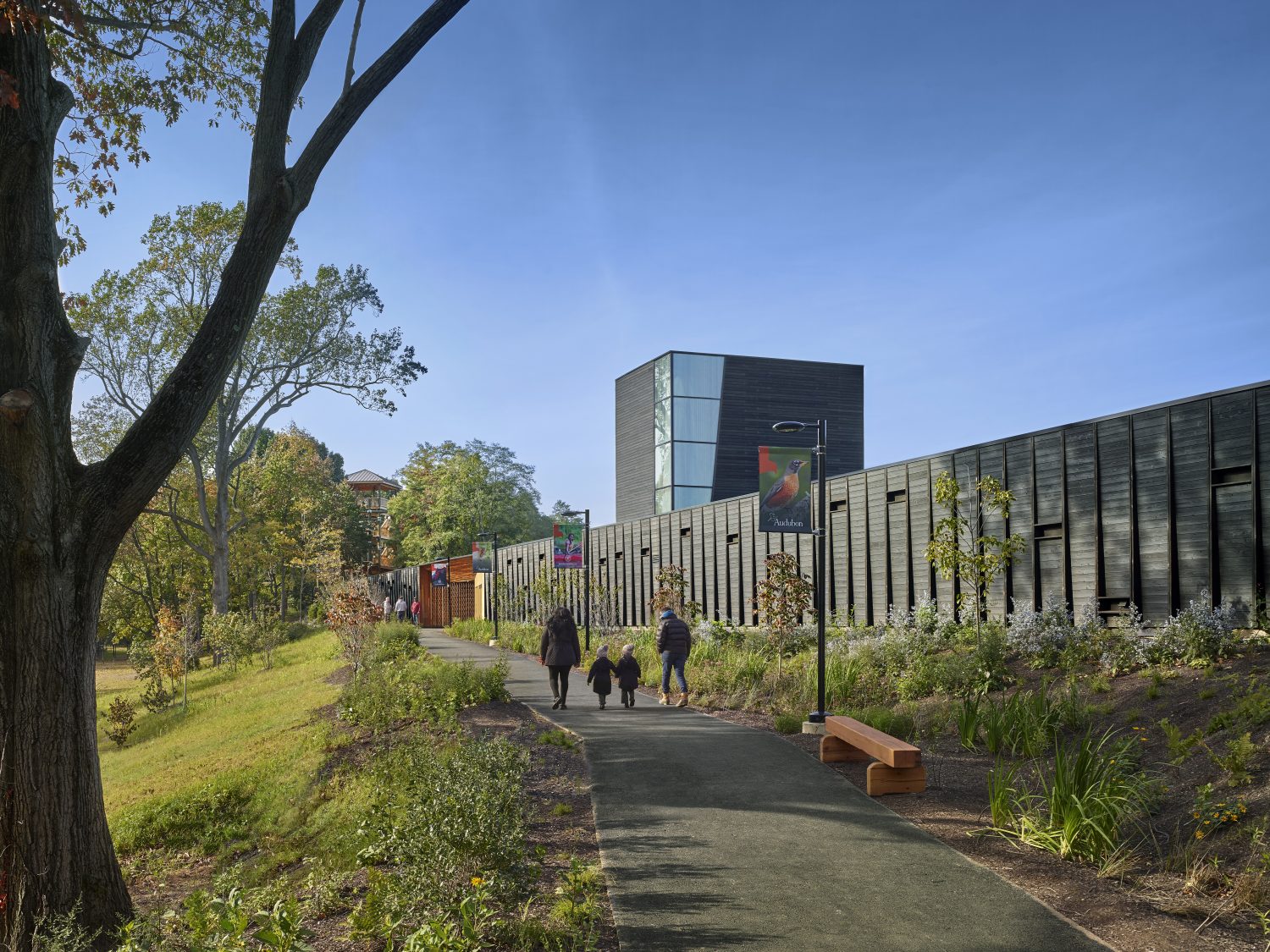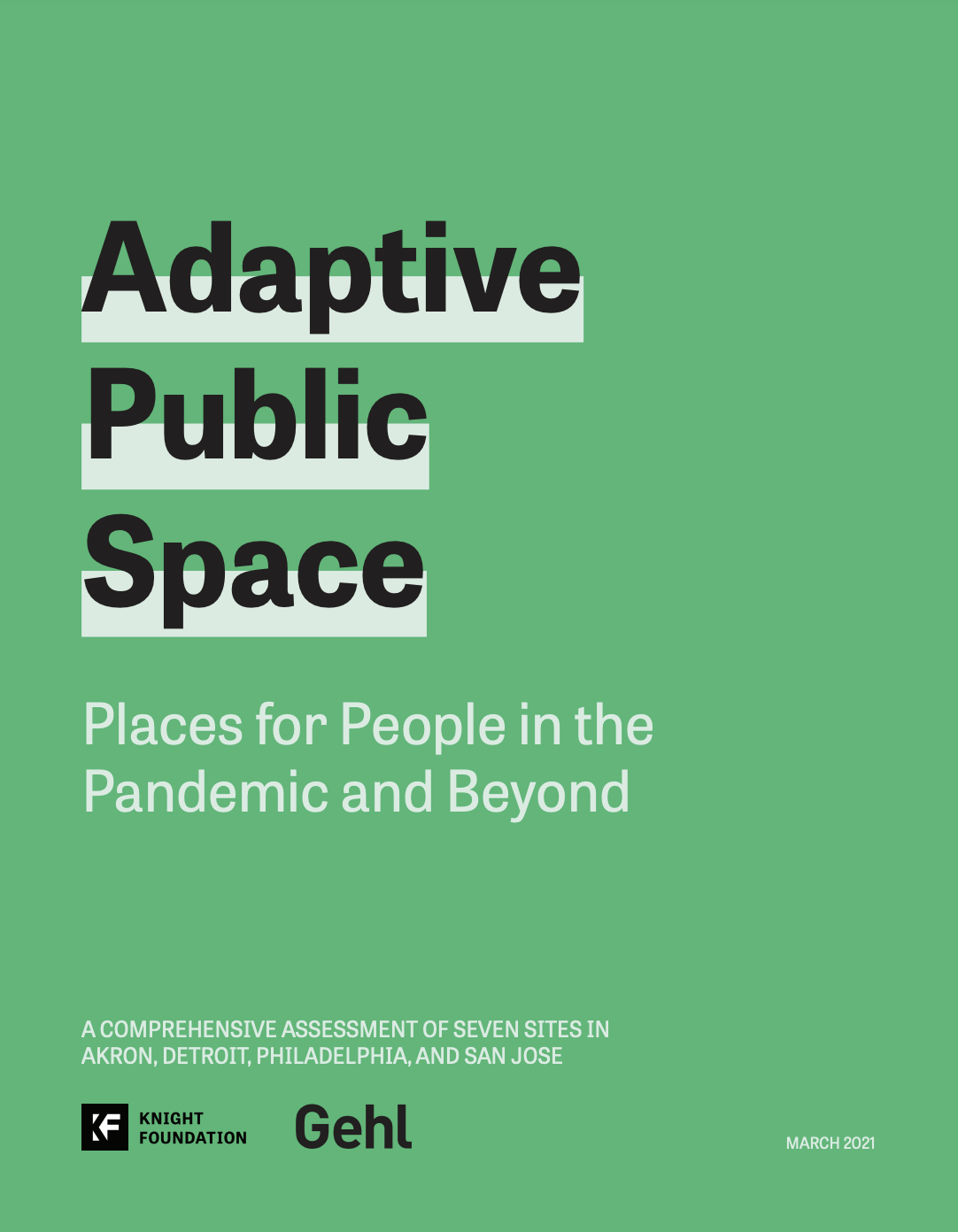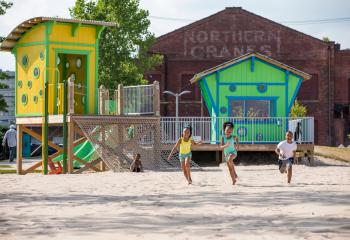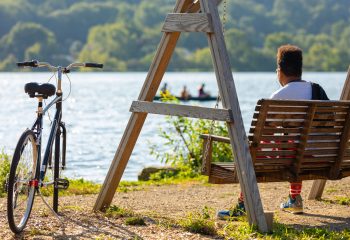Building on its longtime commitment to public spaces, Knight Foundation commissioned Gehl — a global urban planning, design and strategy firm — to conduct an impact assessment of seven public spaces in its portfolio. The findings illustrate the power of public space as a platform for community development: whether by building resident trust, spurring social activity, supporting economic and workforce development, or catalyzing neighborhood change.
This power makes public spaces a key ingredient in the recovery from COVID-19 — a crisis that has raised the stakes for overcoming deeply rooted, systemic challenges in our cities. For policymakers, funders, and practitioners, these findings are a call to action. By elevating public spaces, leaders nationwide can drive more equitable outcomes in the pandemic and beyond.
The Approach
Located in Akron, Detroit, Philadelphia, and San Jose, the seven projects in this study represent $5 million in direct Knight investments. An additional $50 million in co-funding and follow-on investments from other funders including the Reimagining the Civic Commons network went toward these sites, wider area improvements and ongoing space operations. The spaces range widely: neighborhood parks that give residents a go-to gathering spot; nature spaces that re-engage locals with the outdoors; and citywide destinations that offer art studios, beachscapes, and more.
Given the diversity of spaces, this study did not set out to measure the spaces against one another using a common set of metrics. The goal was to understand impacts related to four core themes, and to life during the COVID-19 pandemic.
Key Findings Include:
- Spaces that reflected resident needs, historic character and the arts had more regular visits from residents.
- Community participation and responsive engagement is vital for equitable spaces.
- Prioritizing community engagement throughout the lifecycle of a space led to ripple effects in the wider community.
- Flexible community-led design, inclusive processes, and capacity-building helped sites develop sustainable operating models and adapt to changing conditions — including the pandemic.
The report also offered recommendations for optimizing public space design:
- Create spaces with equity in mind.
- Design spaces with the input of communities that are impacted.
- Become financially sustainable.
Image (top) of The Discovery Center in Philadelphia by Halkin Mason Photography and Digsau.




